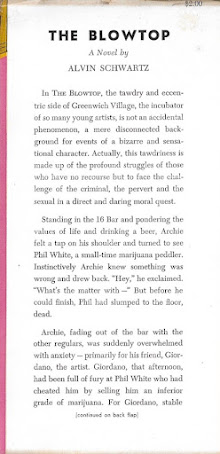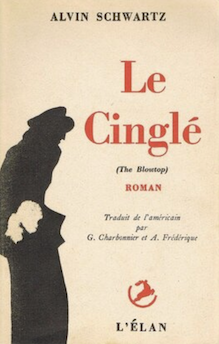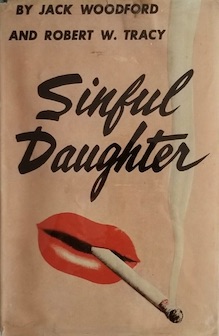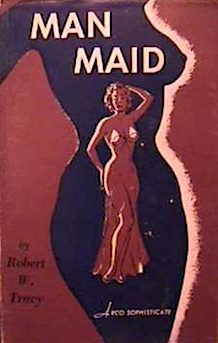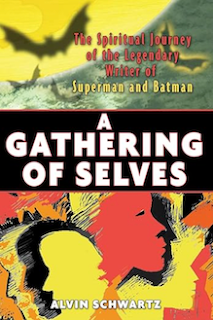Verse for the one hundredth anniversary of the Halifax Explosion by Stanley Burton Fullerton of Amherst, Nova Scotia. A carpenter by trade, the poet enlisted the month before his forty-seventh birthday. He was serving overseas at the time of the disaster.
Halifax in Ruins
It was on the sixth of December,
The Day I never forget,
When steaming up our harbour,
Came that Fatal Ship.
Then came the sound of fire
What ever can it be?
It is on board that fatal ship,
Loaded with that dangerous T.N.T.
Then came the roars like thunder,
What ever can it be
Some thought it was the Germans
From far across the sea.
Then came a flash like lightning,
That swept over our town,
And crumbled up our buildings,
And played them to the ground.
Then came the sound of weeping,
And goals from everywhere.
My God! It is so dreadful to see
Our loved ones perish there.
Then thousands came from everywhere,
To help those loved ones in despair,
My God, To see that dreadful sight,
With bodies strewn along the streets that night.
Such sights that were seen, can never be told
From the ones that were rescuing those poor wounded souls.
Weeping and crying came from everywhere,
And mothers offered up to God their favourite prayer.
The lights went out, the streets were dark,
And groans were heard from every part.
Helping hands came from every where,
To rescue those who were suffering there.
They toiled all night till break of morn,
And then came down that dreadful storm.
And willing hands that worked so fast,
Rescued those poor souls at last.
Doctors and nurses came from everywhere,
Dressed the wound of the sufferers there.
In homes of comfort they were placed,
With smiling courtesies on their faces.
The undertakers came from everywhere,
And washed and dressed those who perished there.
Into their coffins they were laid,
And taken to the resting place.
The tale of the rescuers can hardly be told,
Of the brave ones, who worked in the storm and the cold.
They worked night and day and never gave up,
Till the bodies were taken from under the stuff.
Here's to Capt. Harrison, who was thoughtful in mind,
He saw there was danger in the ship that was moored.
So he cut her adrift and steamed out of the bay,
And sailed her to safety, where no danger lay.
Now we come to the Steamer, that was ruined that day.
Her anchor stock was blown two and a half miles away
Even box cars were blown across the wide waves,
And her big guns were carried 'way out in the bay.
Now she is gone and will sail never more,
Her big iron plates are all over out shores.
The game will be remembered for long years to come,
The great wreck and ruin and sadness she done.
Now our people are cared for in huts everywhere,
And their homes that were ruined, will soon be repaired.
And they will be placed in their homes once more,
And dwell by the harbour in peace ever-more.
Thanks to our Government, who thoughtfully responded
Sending the needed with every-thing wanted.
In money and food stuffs that hastily came,
To those who were homeless and deserving of same.
Even Australia responded to the call,
And sent us their gold from that far off land.
To those who were suffering from that dreadful day
And helped to build up their homes that were blown away.
And even dear England with her troubles at hand,
She sent us assistance to built up the land
We'll never forget what she has done,
And always be true to her. As true as the Sun.
Here's to the Star Spangles Banner that waves in the breeze,
That stands for Liberty, over land and seas.
For the help they gave in our time of need,
And binds fighter the friendship for so noble a deed.
When the word was flashed across the line.
That a helping and was needed.
How nobly the call was answered,
From those true friends across the seas.
They sent us relief in abundance,
It came from every-where.
To comfort our homeless loved ones.
That were so sadly in despair.
Half of our town is lying in ruins,
And our buildings are badly smashed.
But President Wilson says to build them up again
And they will send over the cash.
Here's to that good old Union Jack,
And to the Allies that are it'd defenders.
We thank the Star Spangled Banner
For the help that they rendered.
The Union Jack and Stars and Stripes,
I pray will always wave together,
God bless them for evermore,
And our Maple Leaf Forever.
"Halifax in Ruin" appeared in the Fullerton's sixteen-page chapbook
Poems (1918). It can be read in its entirety
here, through the Internet Archive.
Note: "SGT. S.B. FULLERTON" is incorrect; in fact, the poet never rose above the rank of private. Let's just say it was a printer's error.
Related posts:













